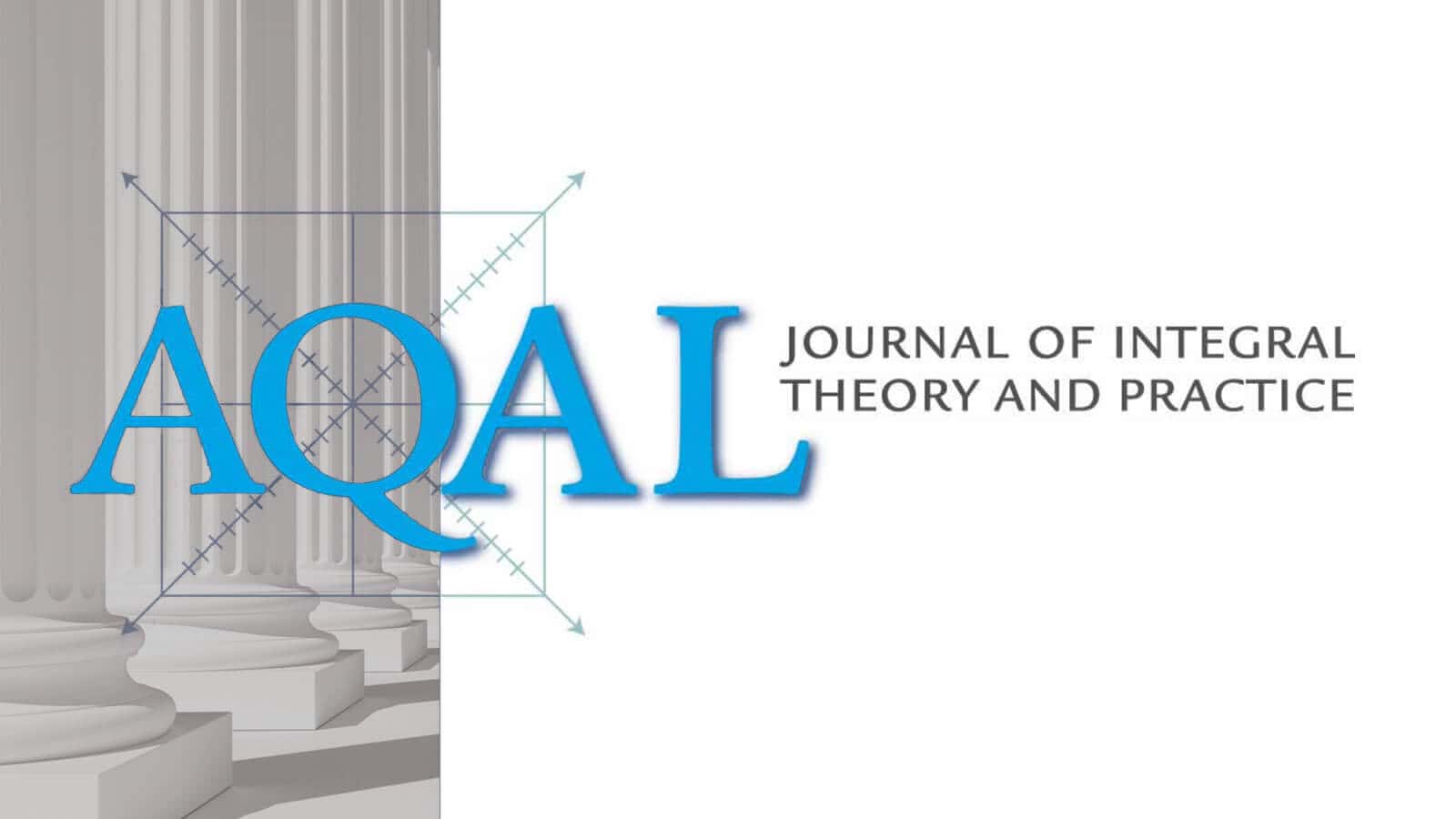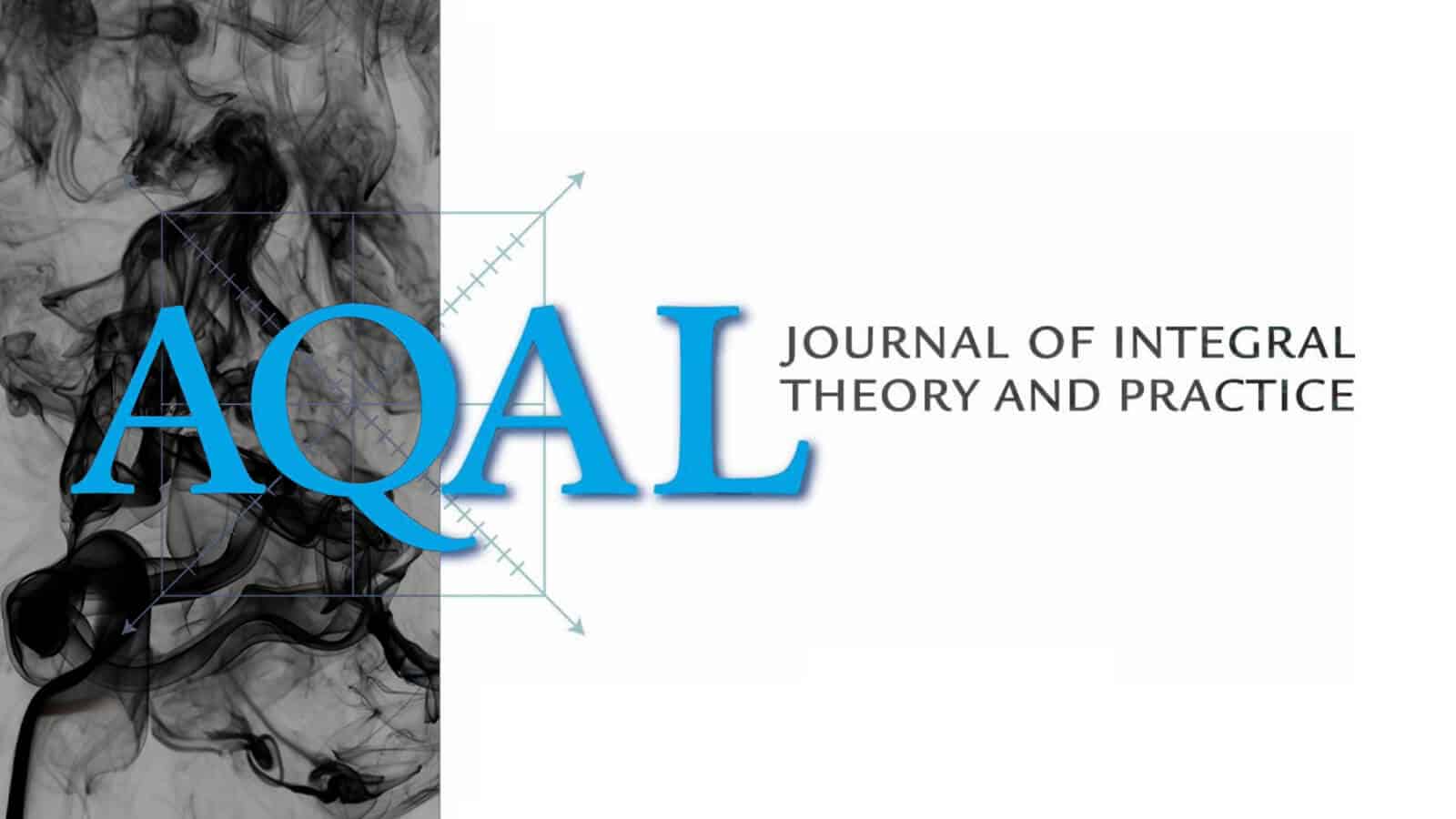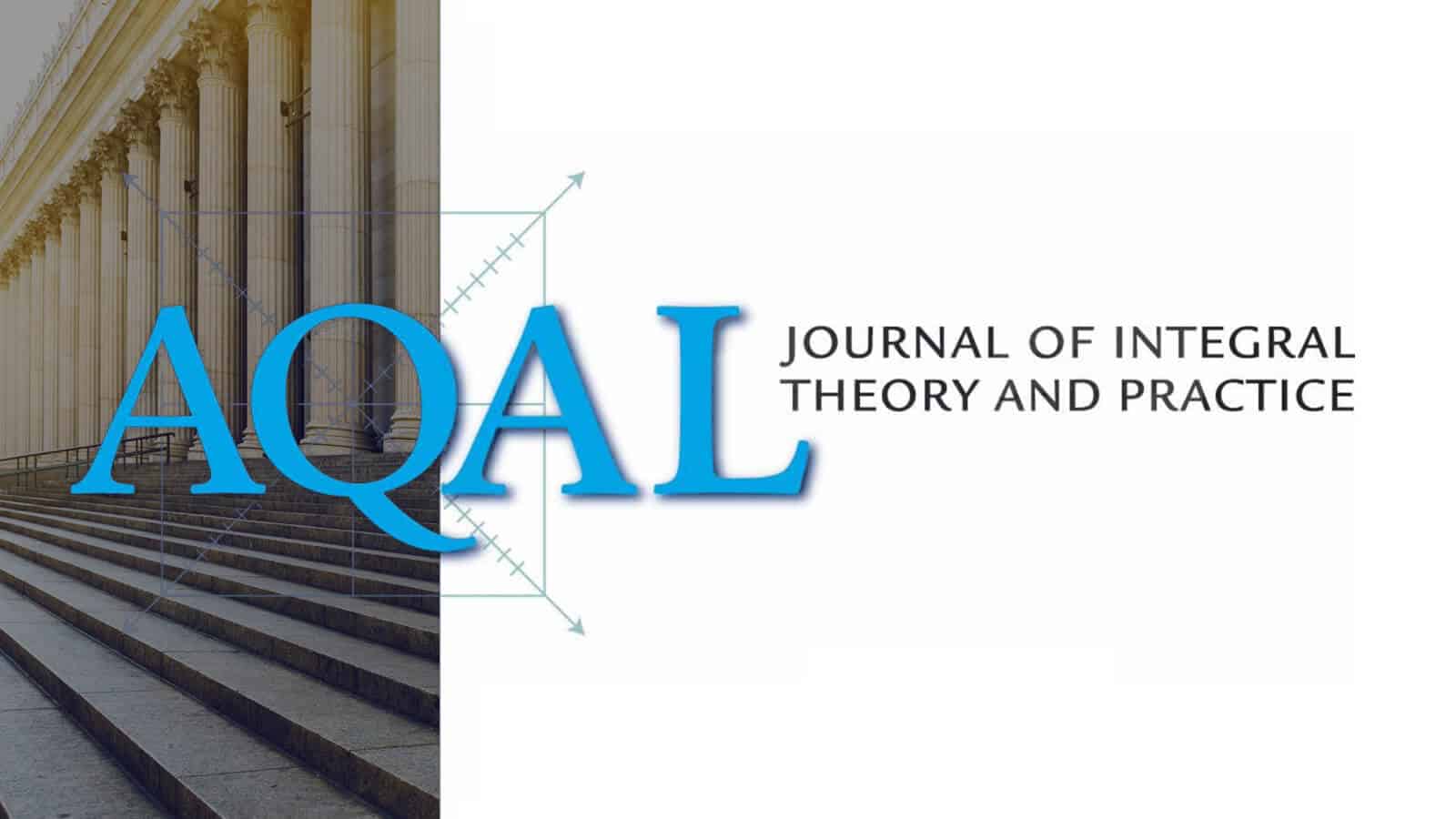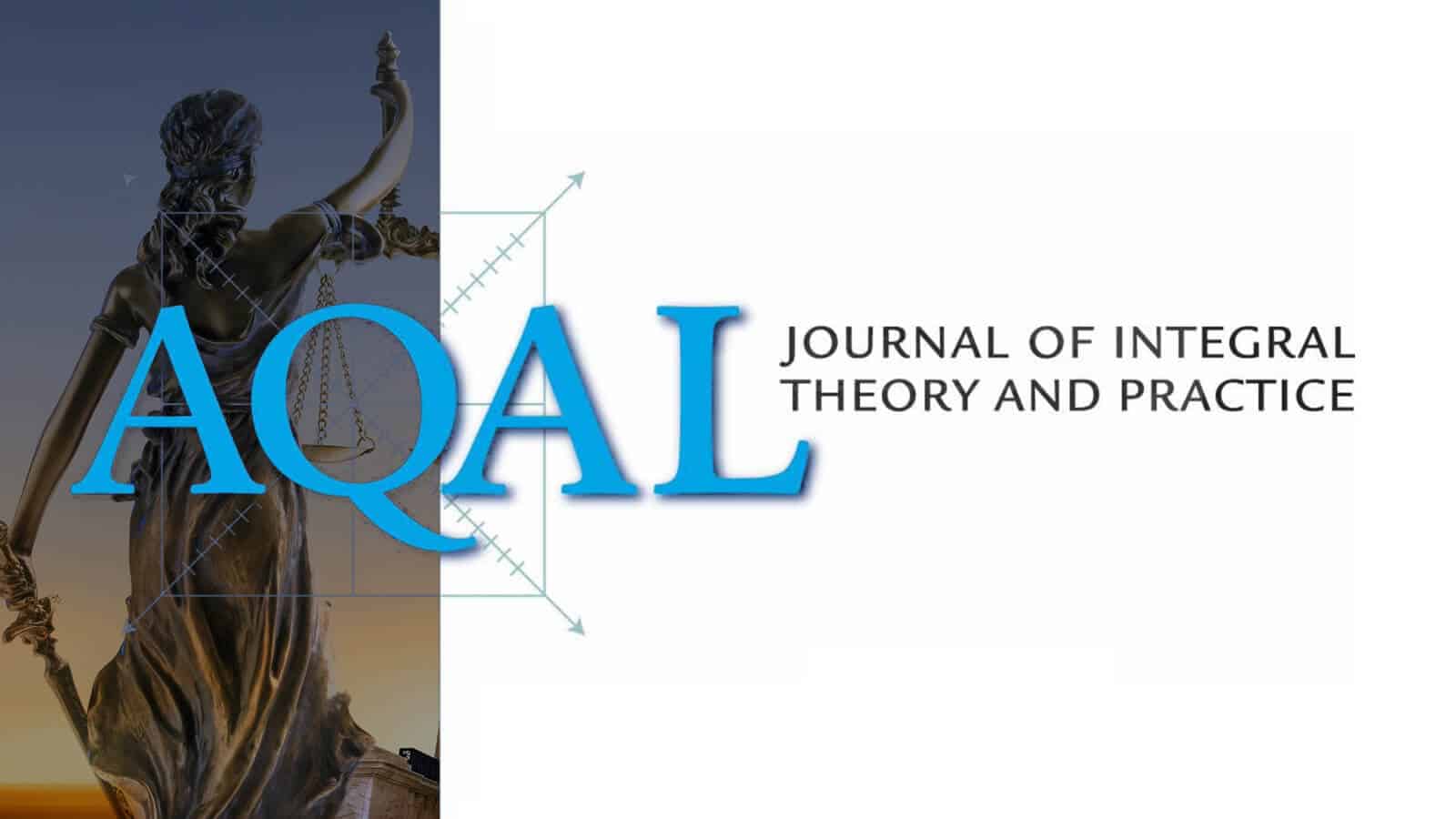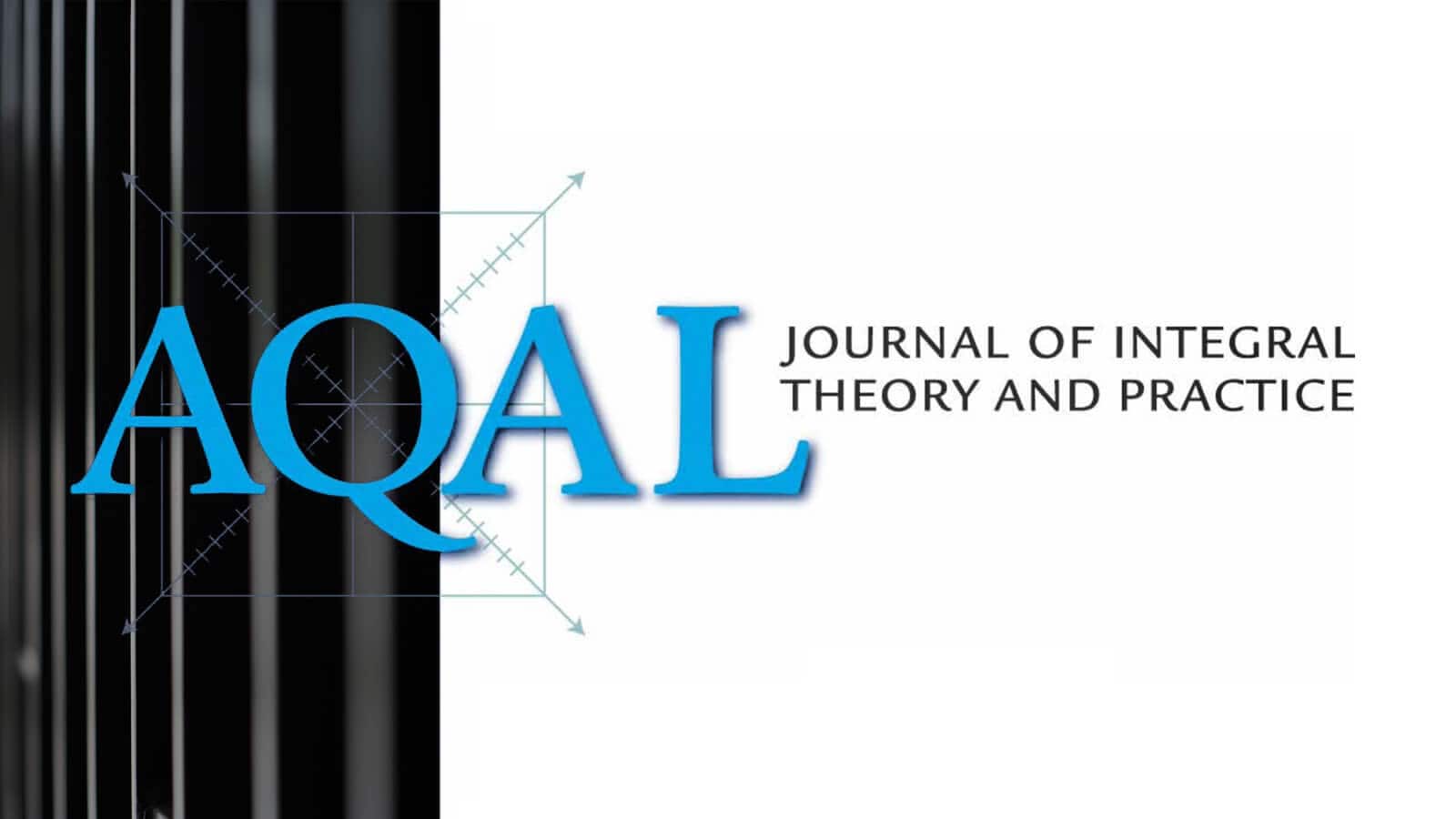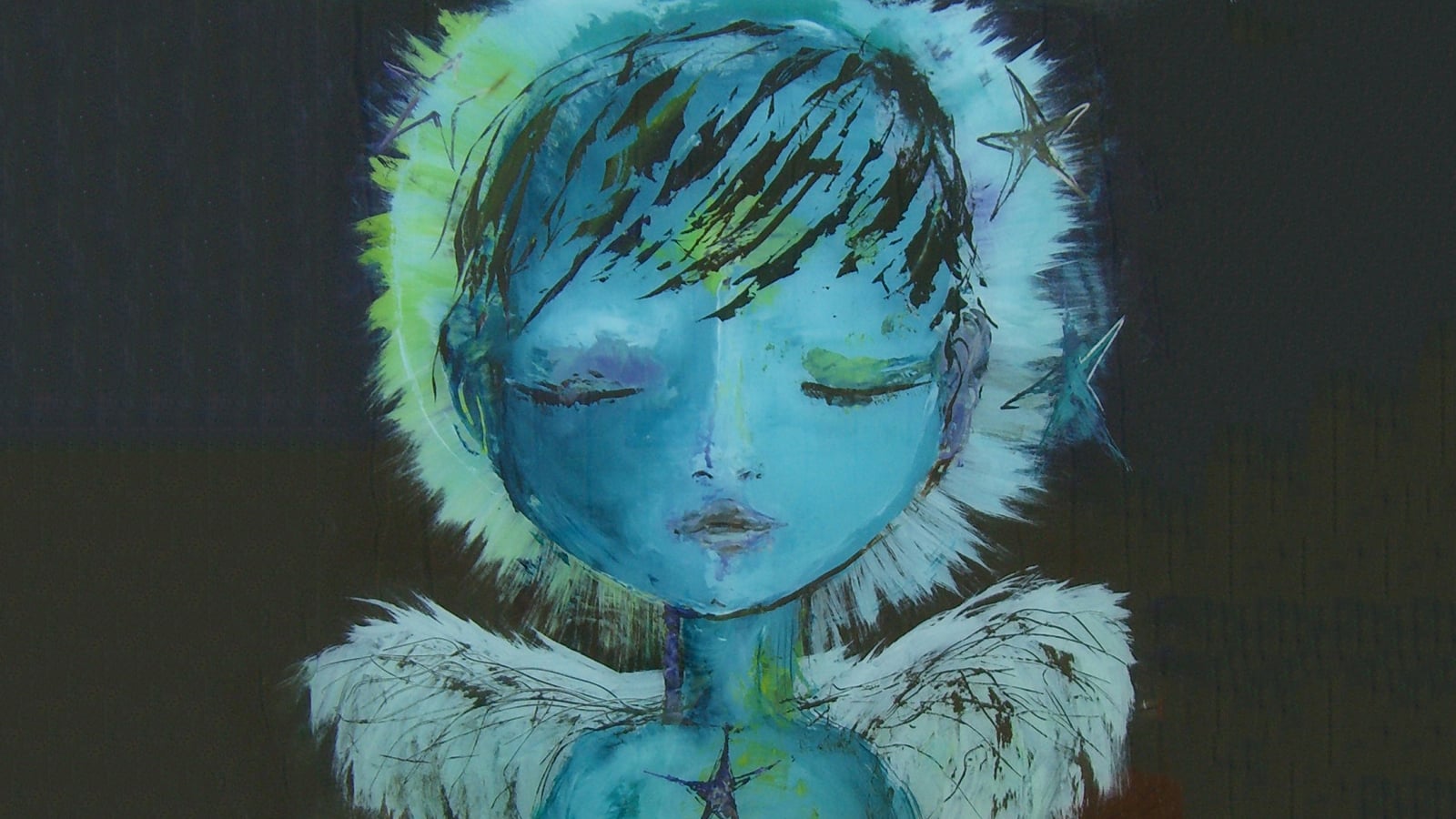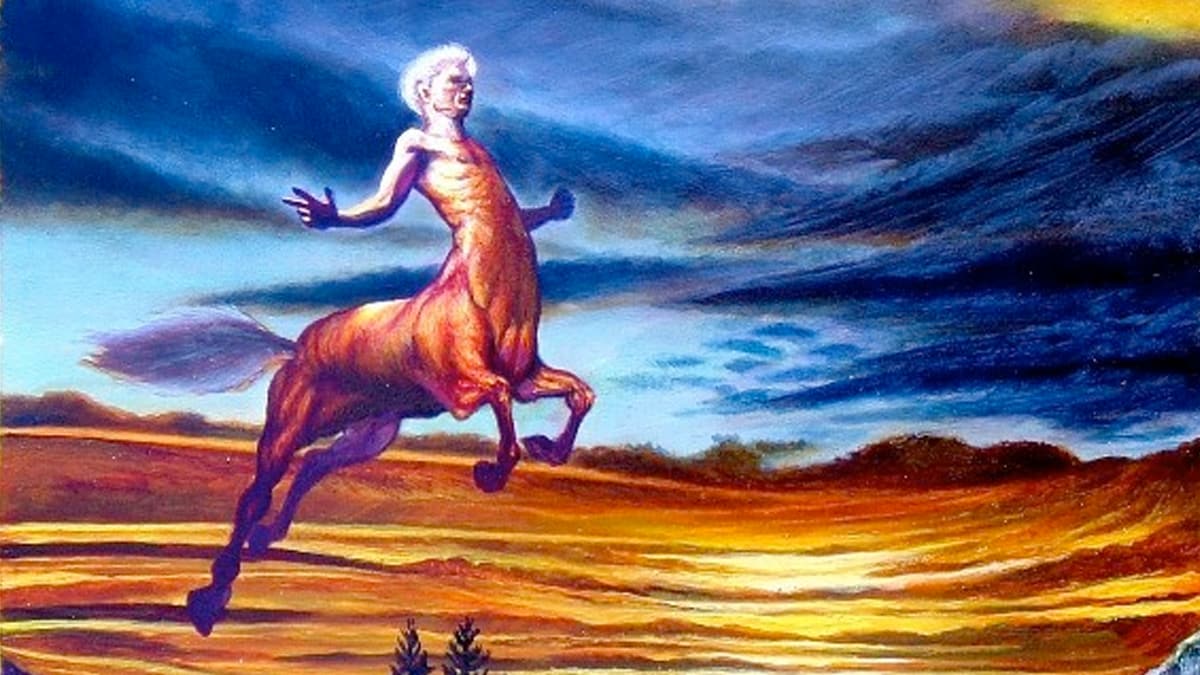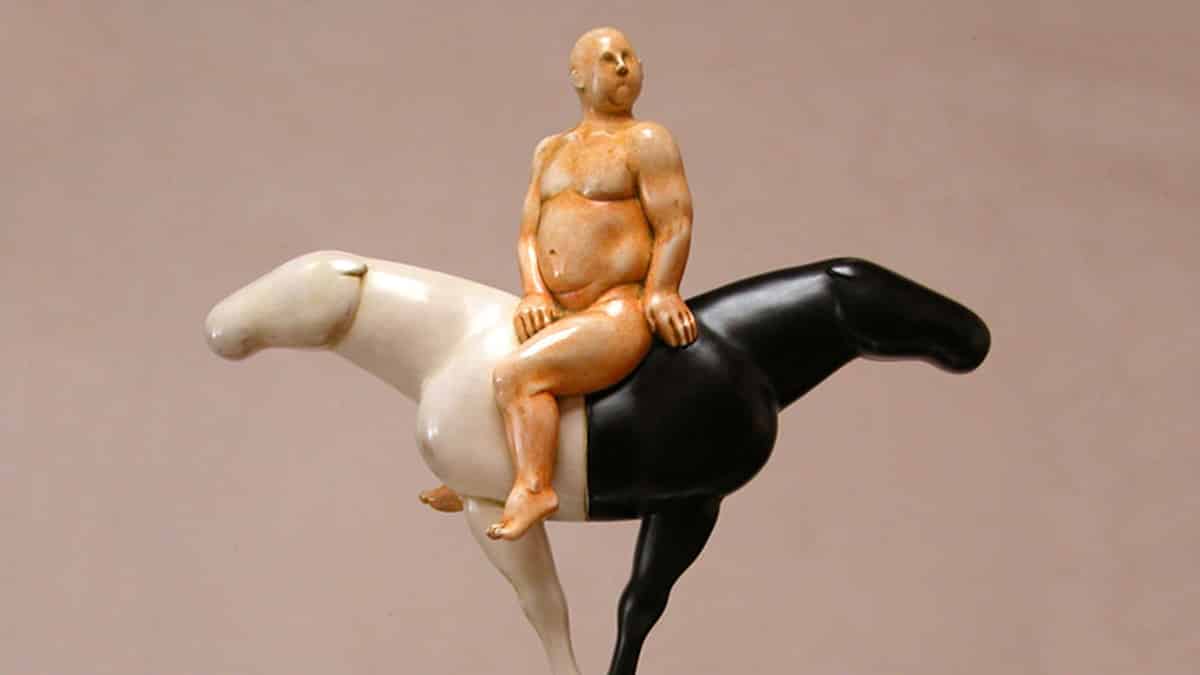This article examines ethical frameworks across levels of human development and via the quadrants of the AQAL model. The ethical line is examined as it progresses through stages of development, paying special attention to the role of the felt sense in the determination of right action. The role of unconscious forces, particularly the felt sense of disgust, is examined as the basis of moral intuition. Integral Ethics includes the ethical framework of the previous stages and an examination of personal motivation for right action. By inquiring into the unconscious drives that move us, we may begin to recognize the cultural...

Ethics
How do you live your life free of regret? How do you take the wisdom of the Integral vision and exercise it in your day to day life? How do you move beyond the blame and guilt that so often festers in the basement of your psyche? And why can it be so hard to simply be good?

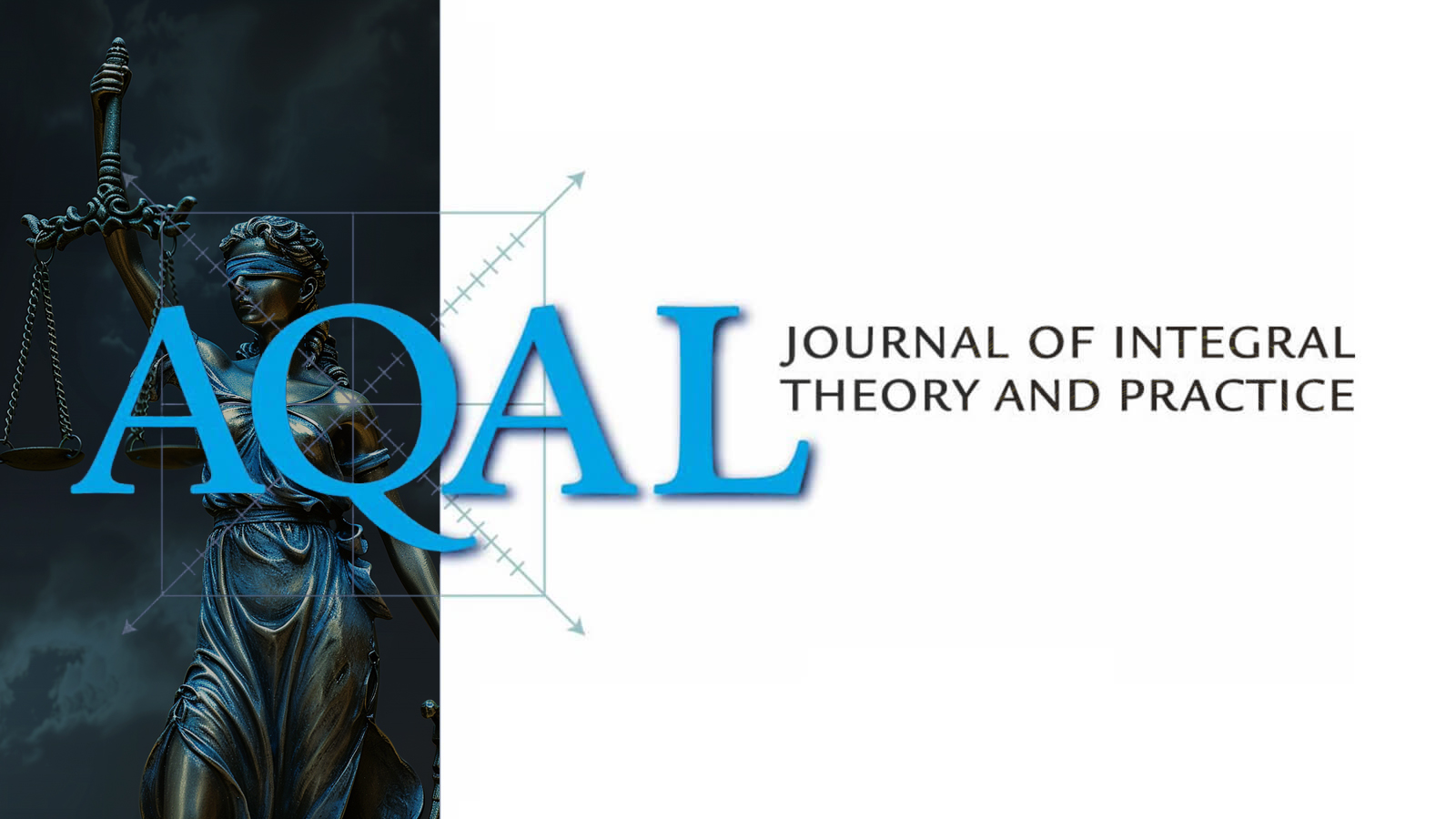
 February 29, 2024
February 29, 2024 